HOCl Publications
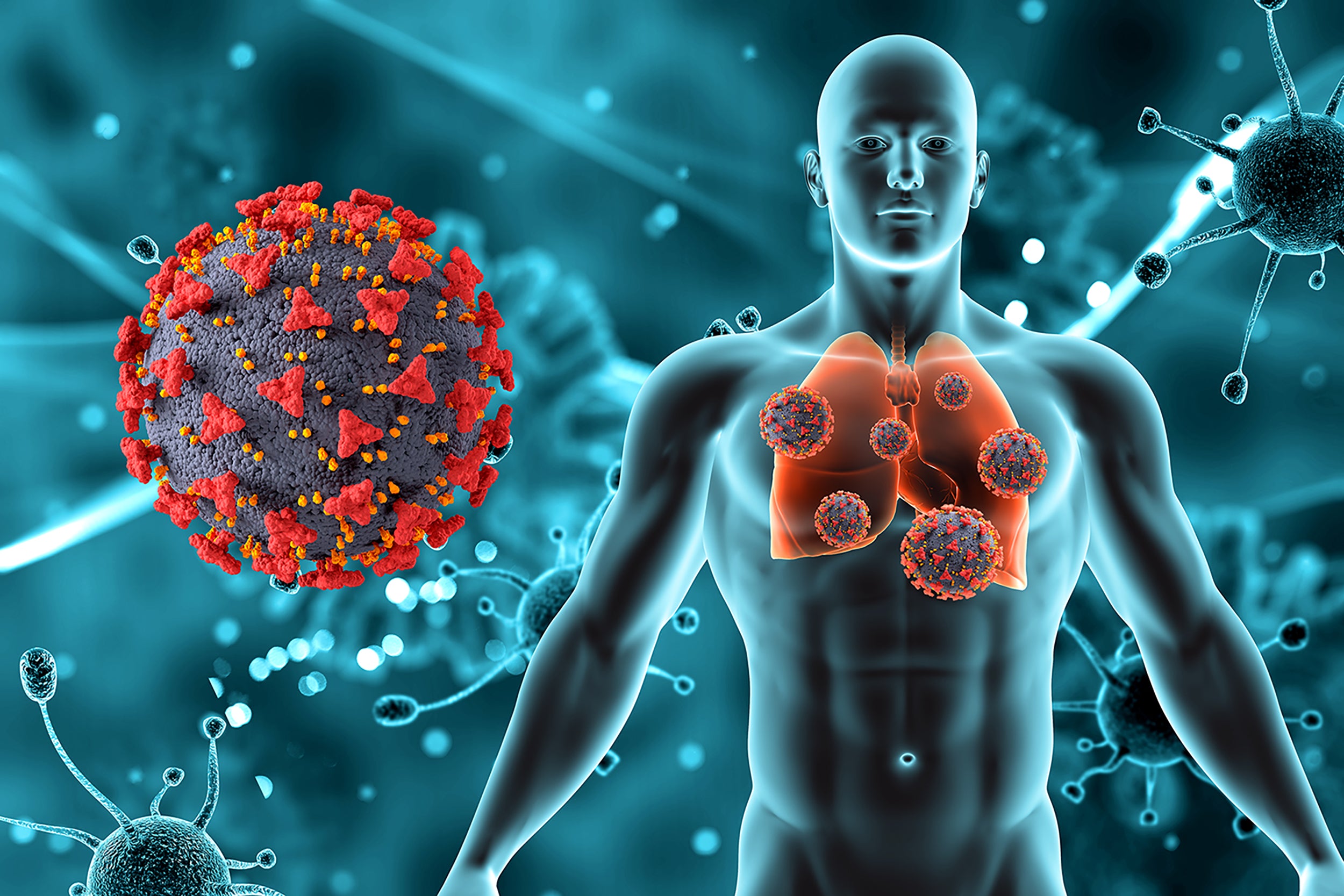
Inhalation of HOCl-containing aerosols was recently shown to be an effective therapeutic intervention in the treatment of COVID-19 virusinfected patients, halting the progression of symptoms and sp...
Read more
Inactivation of Prions and Amyloid Seeds with Hypochlorous Acid
PLOS Pathogens: Here we show that hypochlorous acid, a disinfectant that is produced naturally by certain cells within the body, has strong anti-prion and anti-amyloid activity. We find that a non-...
Read more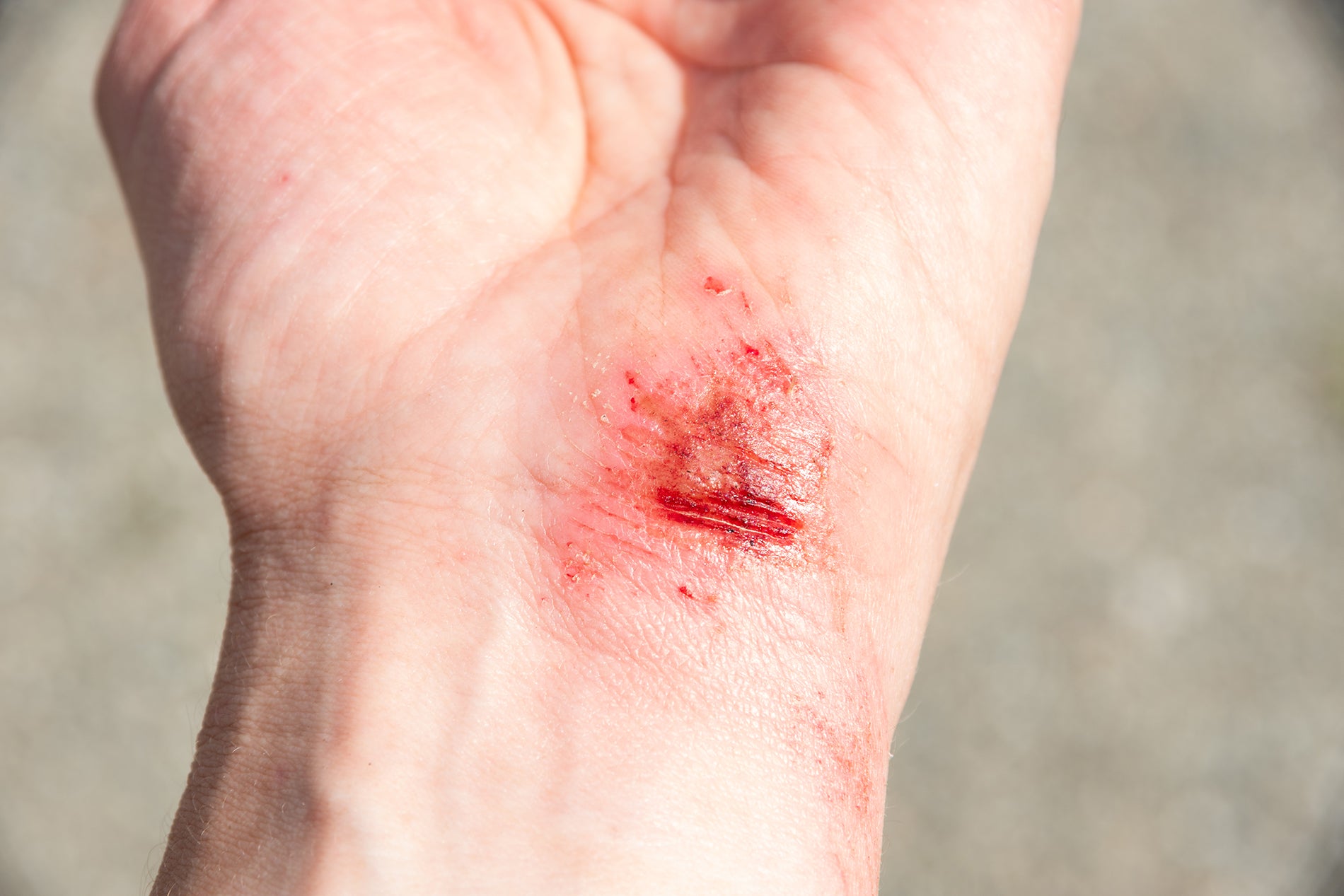
The aim of this study was to investigate the effect of stabilized hypochlorous acid solution (HOCl) on killing rate, biofilm formation, antimicrobial activity within biofilm against frequently isol...
Read more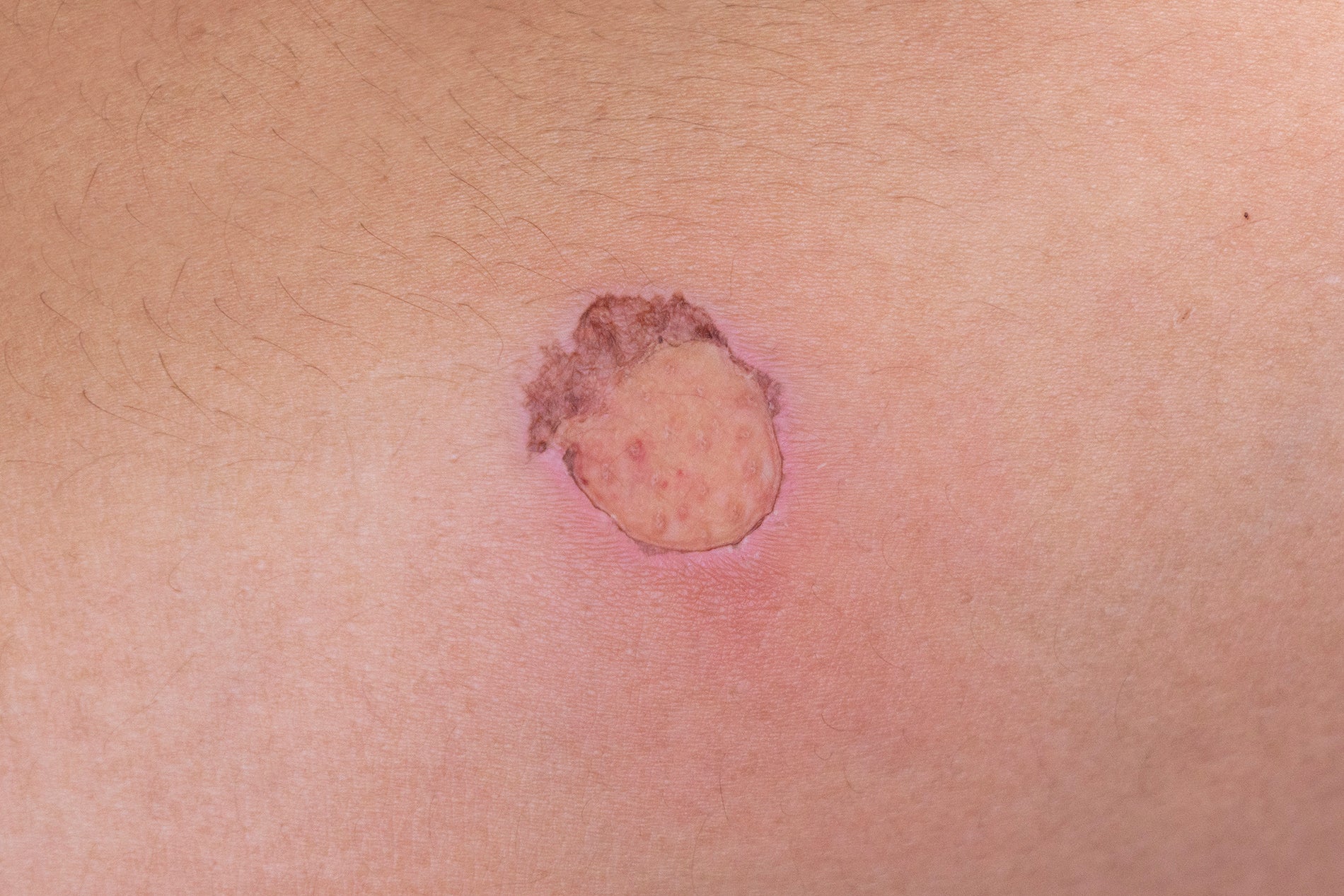
Neutralize toxins that eat away flesh by irrigating the wounds of necrotizing fasciitis patients with a substance called hypochlorous acid (HOCl), a natural chemical produced by white blood cells a...
Read more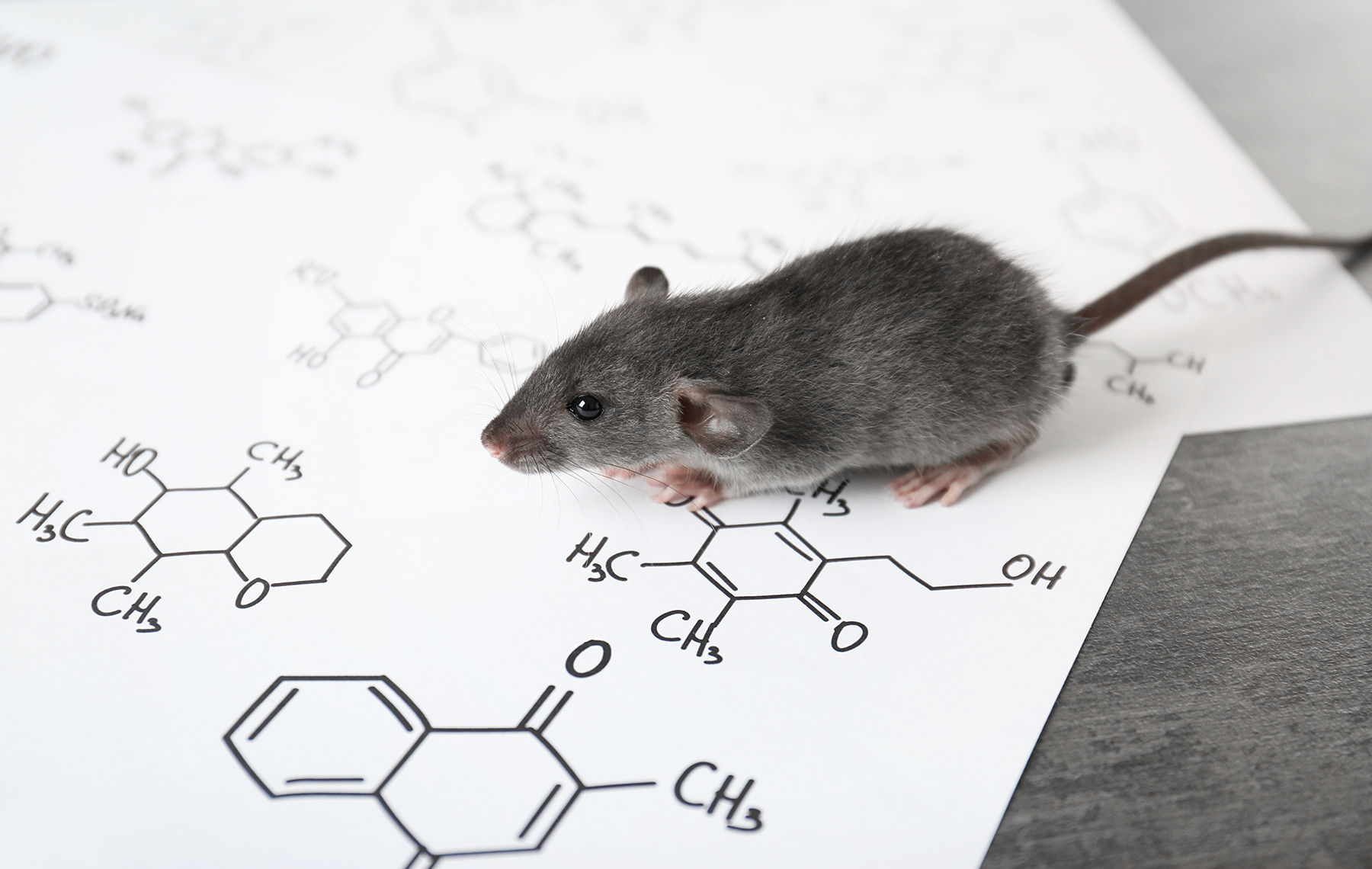
Topical Hypochlorite Ameliorates NF-kB-Mediated Skin Diseases in Mice
Exposure of human keratinοcytes to 0.005% HOCl for 1 hour prior to TNF-α stimulation eliminated the induction of both genes.
Read more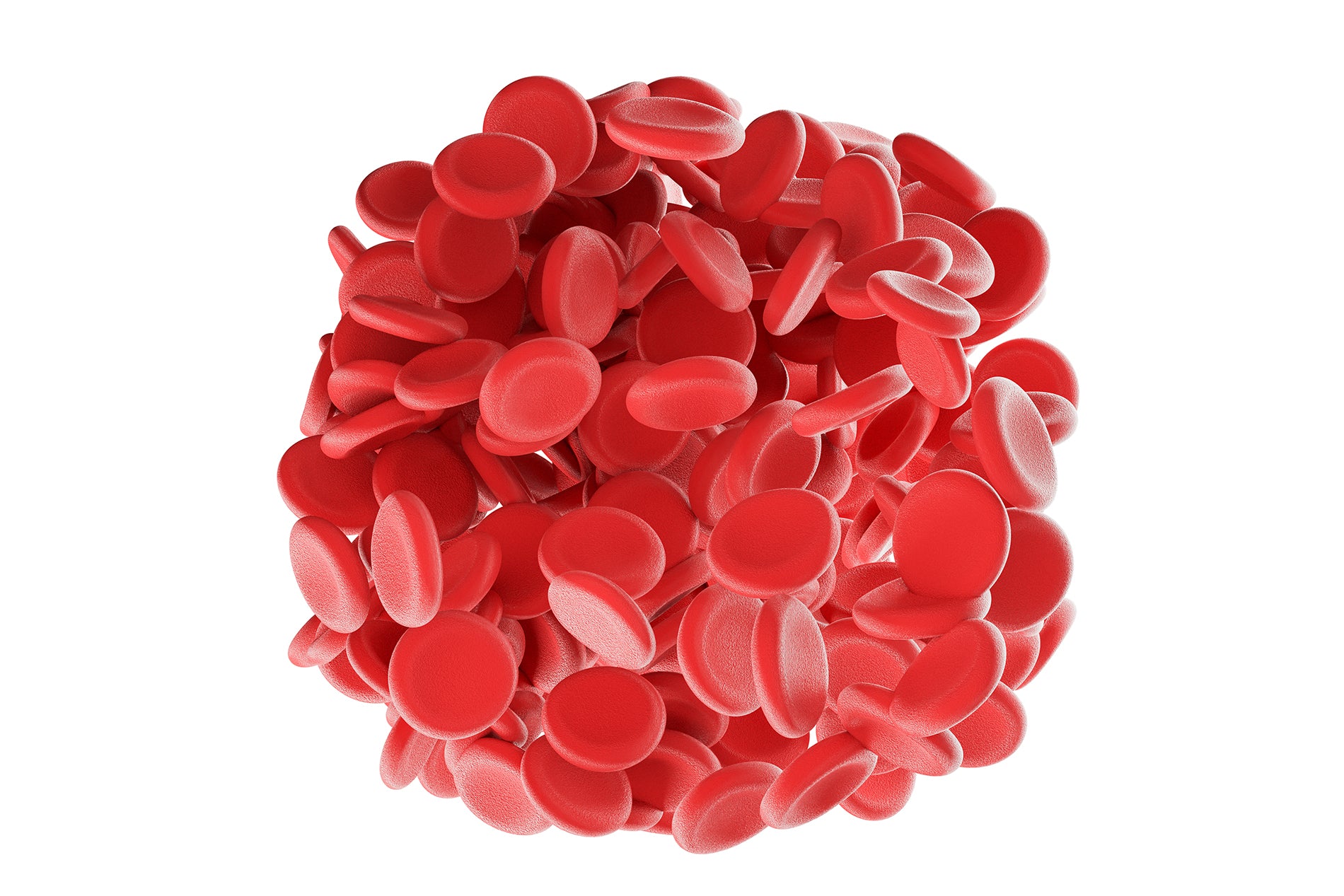
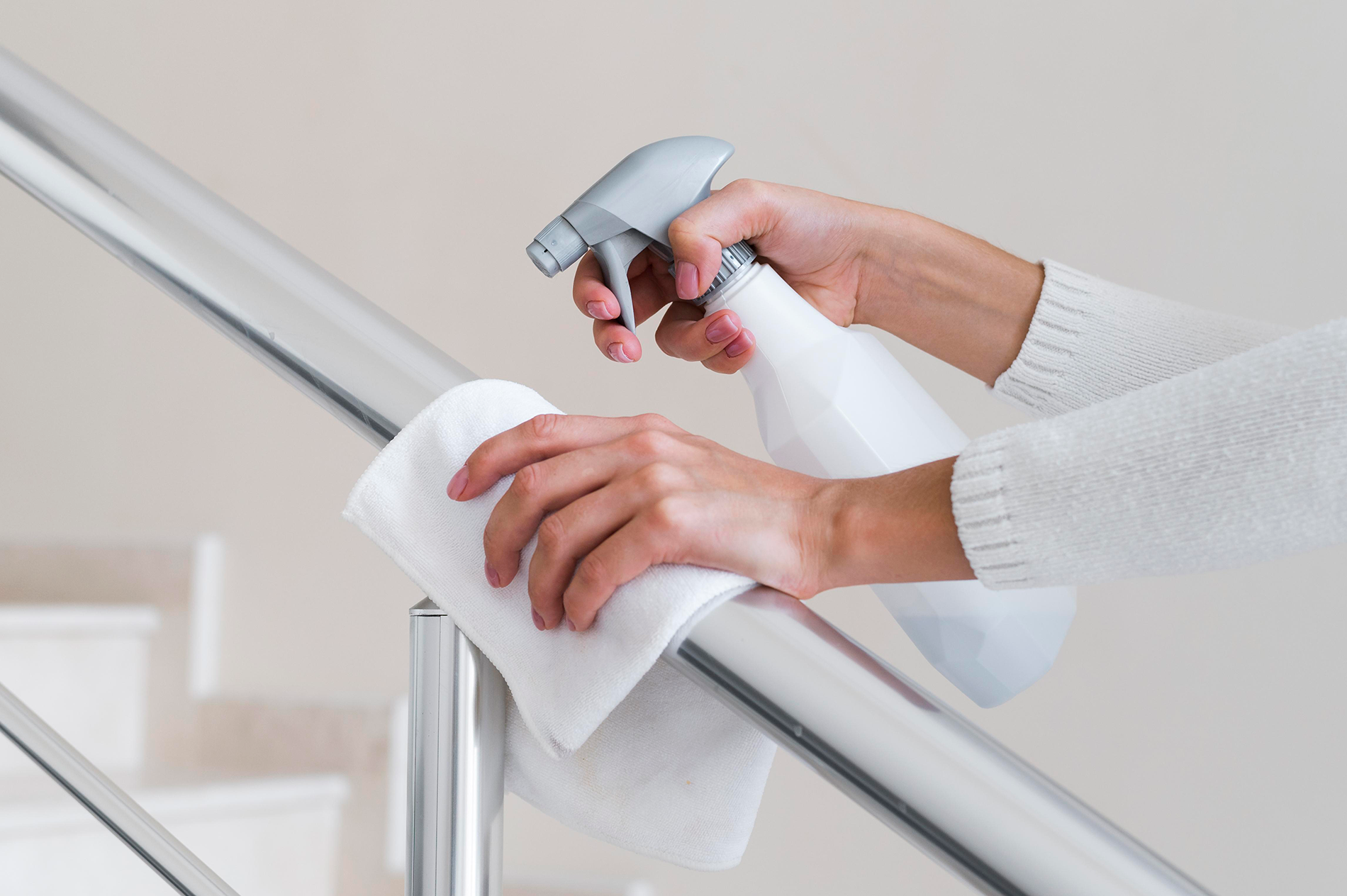
As a sanitizing agent, the main “ingredient” behind the germ-killing effect of modern activated water devices is electroporation. This is a scientific process that applies a low-level electrical fi...
Read more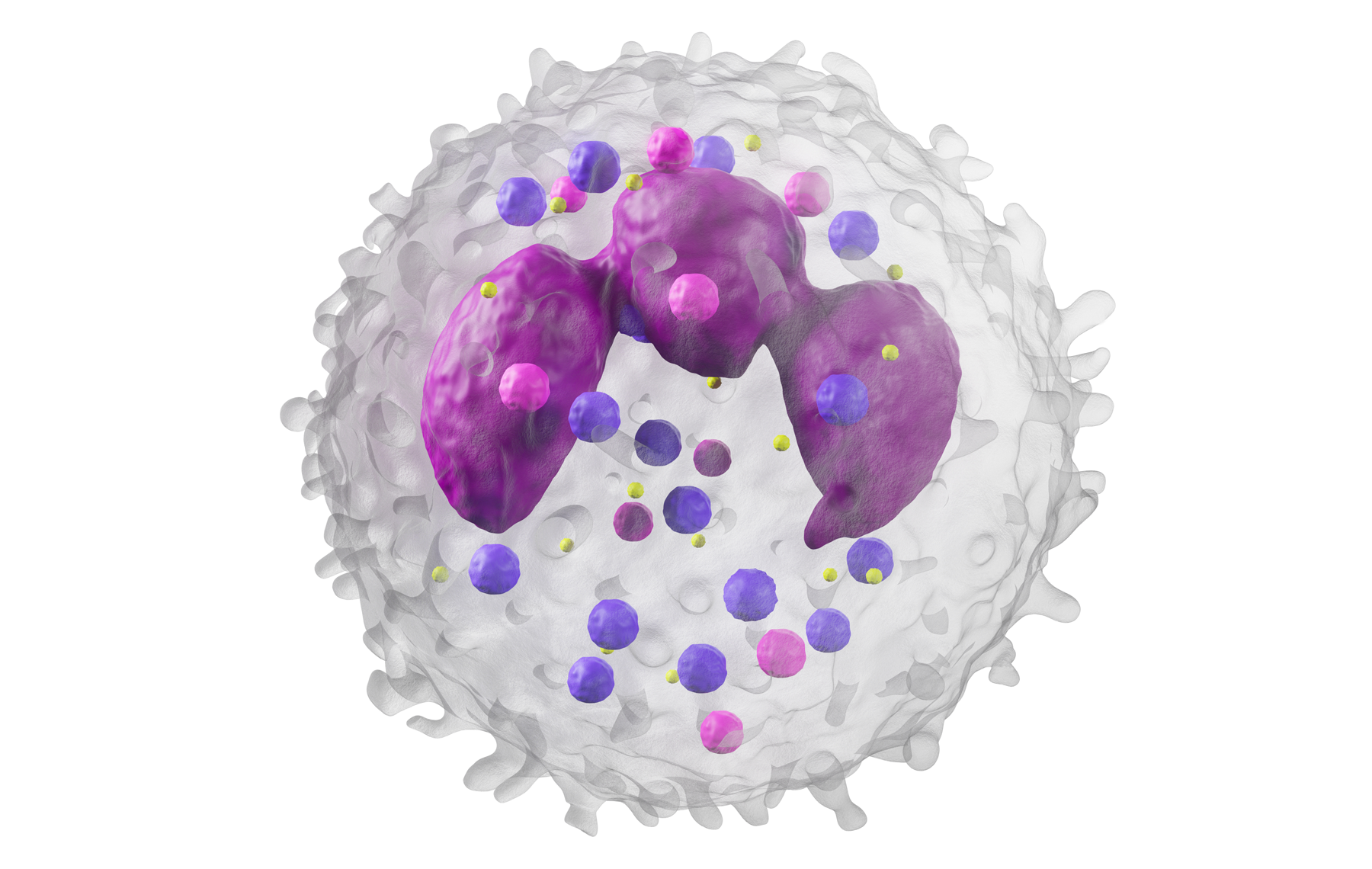
We show in this study that neutrophil-derived oxidants are capable of readily oxidizing the methionine residue at the cleavage site for the VWF-processing enzyme ADAMTS13.
Read more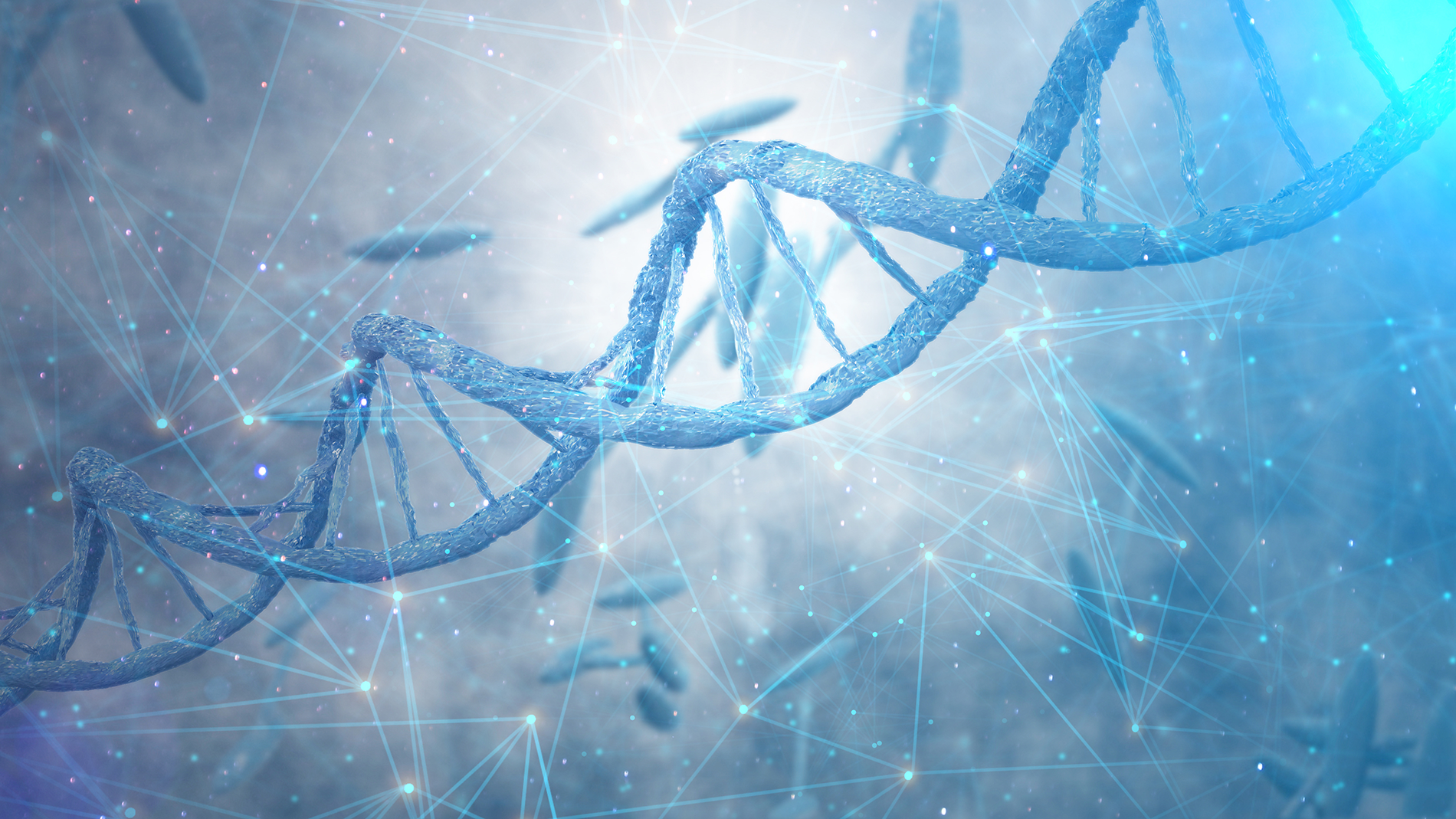
The production of hypochlorous acid (HOCl) is a characteristic of granulocyte activation, a hallmark of the early phase of innate immune responses. In this study, we show that, in addition to its w...
Read more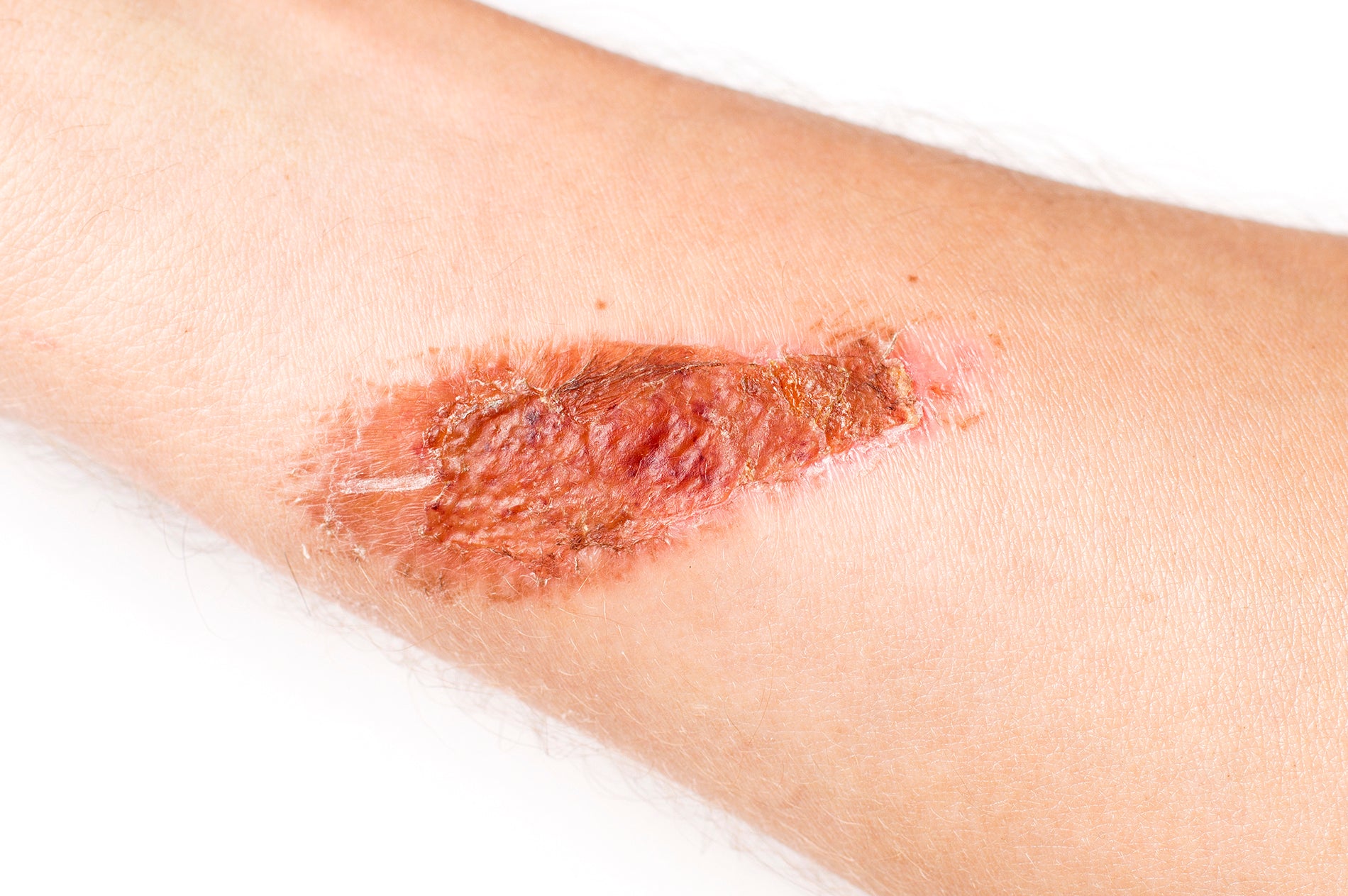
Hypochlorous Acid as a Potential Wound Care Agent
HOCl is known to be the major strong oxidant produced by neutrophils, and is a potent microbicidal agent within these cells. Experimentally, it has been estimated that neutrophils stimulated in vit...
Read more